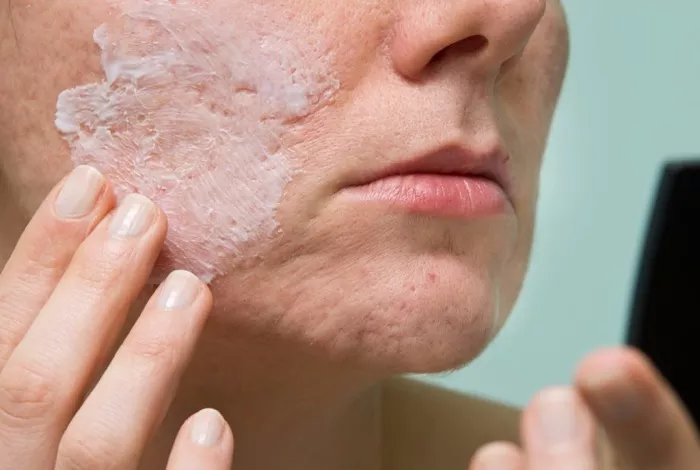Aspirin, a commonly used medication known for its pain-relieving and anti-inflammatory properties, has been a staple in households and healthcare settings for decades. However, for some individuals, the use of aspirin can lead to adverse reactions, ranging from mild discomfort to severe allergic reactions. Understanding the underlying causes of aspirin allergy is crucial for effective management and prevention. In this comprehensive guide, we delve into the intricate factors contributing to aspirin allergy, explore its symptoms, and discuss strategies for managing this condition.
What is Aspirin Allergy?
Before delving into the causes of aspirin allergy, it’s important to understand what exactly constitutes an allergic reaction to aspirin. Aspirin allergy is an adverse immune response triggered by the ingestion or exposure to aspirin or other nonsteroidal anti-inflammatory drugs (NSAIDs) such as ibuprofen and naproxen. It falls under the broader category of drug allergies, which occur when the immune system mistakenly identifies a harmless substance, in this case, aspirin, as a threat to the body.
Causes of Aspirin Allergy
Immune System Dysfunction: The primary cause of aspirin allergy lies in the immune system’s response to aspirin or its components. In individuals with aspirin allergy, the immune system perceives aspirin as a foreign invader and launches an attack by producing antibodies known as immunoglobulin E (IgE). This immune response triggers the release of histamine and other chemicals, leading to the characteristic symptoms of allergy.
Genetic Predisposition: Genetics plays a significant role in determining an individual’s susceptibility to developing aspirin allergy. Studies have shown that certain genetic variations can increase the likelihood of experiencing adverse reactions to aspirin. Specific genes involved in the regulation of immune responses and inflammation may influence an individual’s propensity to develop allergic reactions to aspirin.
Cross-Reactivity with Other NSAIDs: Cross-reactivity refers to the phenomenon where an allergic reaction to one substance triggers similar reactions to structurally similar substances. Aspirin allergy often involves cross-reactivity with other NSAIDs such as ibuprofen, naproxen, and ketoprofen. These drugs share similar chemical structures and mechanisms of action with aspirin, leading to overlapping allergic responses in susceptible individuals.
Aspirin Hypersensitivity Syndrome: Aspirin hypersensitivity syndrome, also known as aspirin-exacerbated respiratory disease (AERD), represents a distinct clinical entity characterized by asthma, nasal polyps, and aspirin sensitivity. The exact cause of AERD remains unclear, but it is believed to involve dysregulation of the body’s inflammatory pathways, particularly the cyclooxygenase (COX) enzyme system. Individuals with AERD often experience severe respiratory symptoms upon aspirin exposure.
Environmental Factors: Environmental factors such as exposure to allergens, pollutants, and respiratory infections may contribute to the development or exacerbation of aspirin allergy. These factors can modulate the immune response and increase the likelihood of allergic reactions to aspirin.
Acetylsalicylic Acid (ASA) Intolerance: Some individuals may experience intolerance to acetylsalicylic acid (ASA), the active ingredient in aspirin, due to its effects on the gastrointestinal tract or other physiological systems. While not strictly an allergic reaction, ASA intolerance can manifest with symptoms similar to those of aspirin allergy, including gastrointestinal discomfort, headache, and dizziness.
































